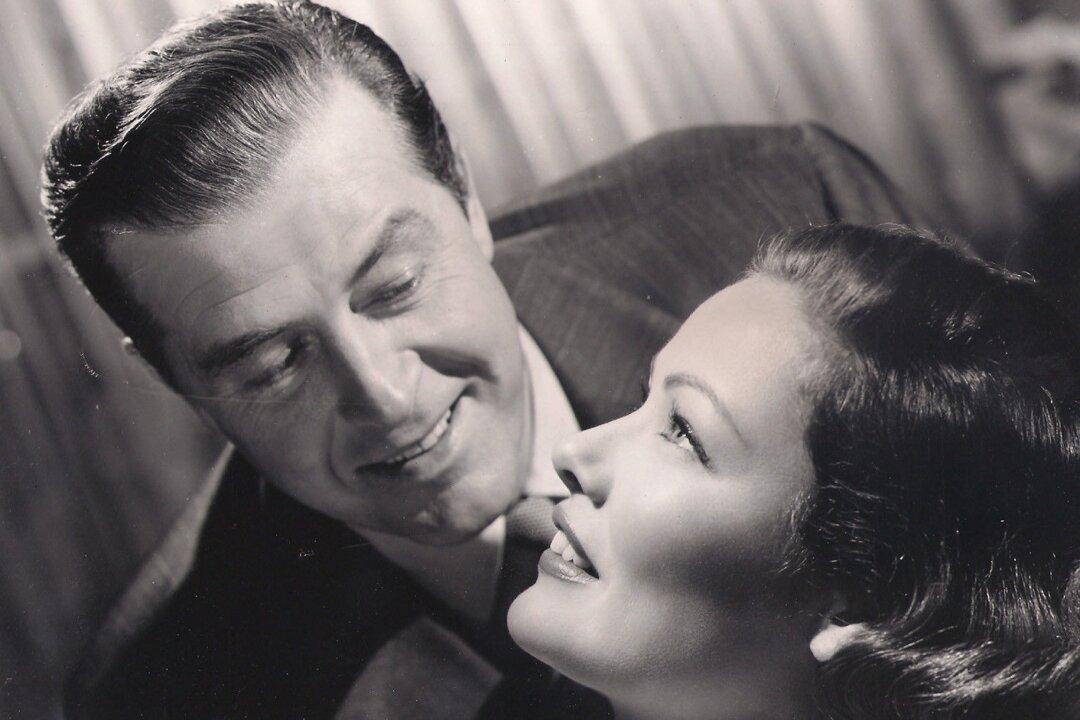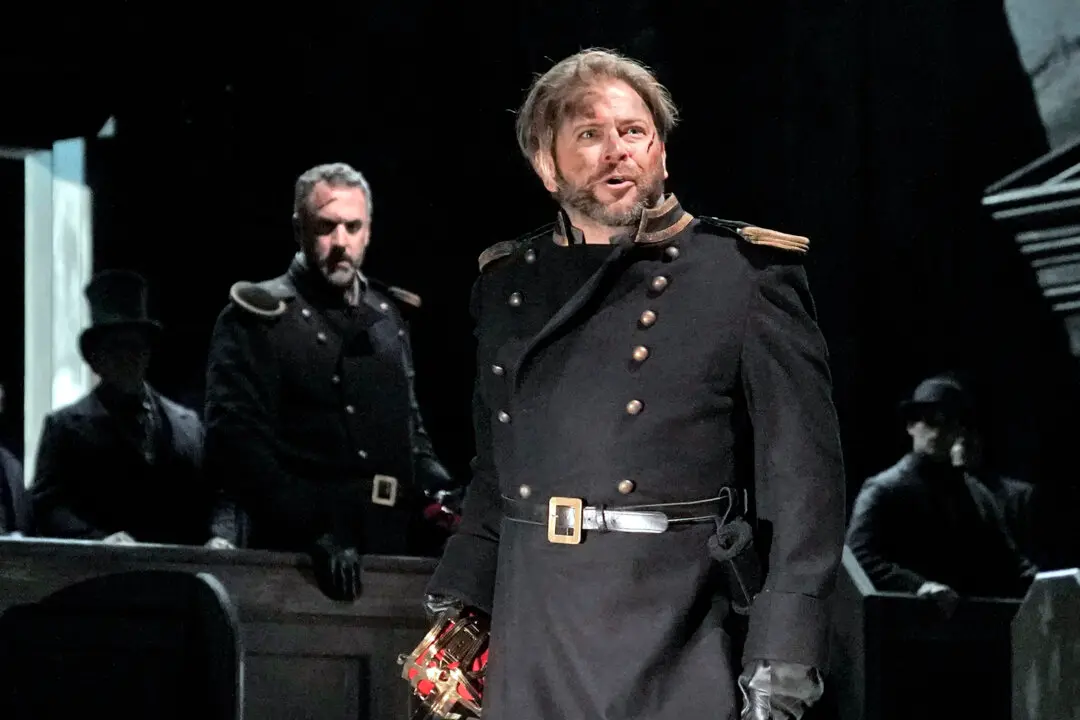Commentary
The message of “woke” culture is acceptance and diversity, yet it’s often a flimsy façade for forced conformity. For instance, genetic counseling, routine ultrasounds during pregnancy, and abortion on demand are used by the modern medical industry to encourage the elimination of “imperfect” or “undesirable” human beings before they have even been born. Although the media now paints past generations as routinely prejudiced and bigoted toward underprivileged people, many classic movies show that this isn’t true.





